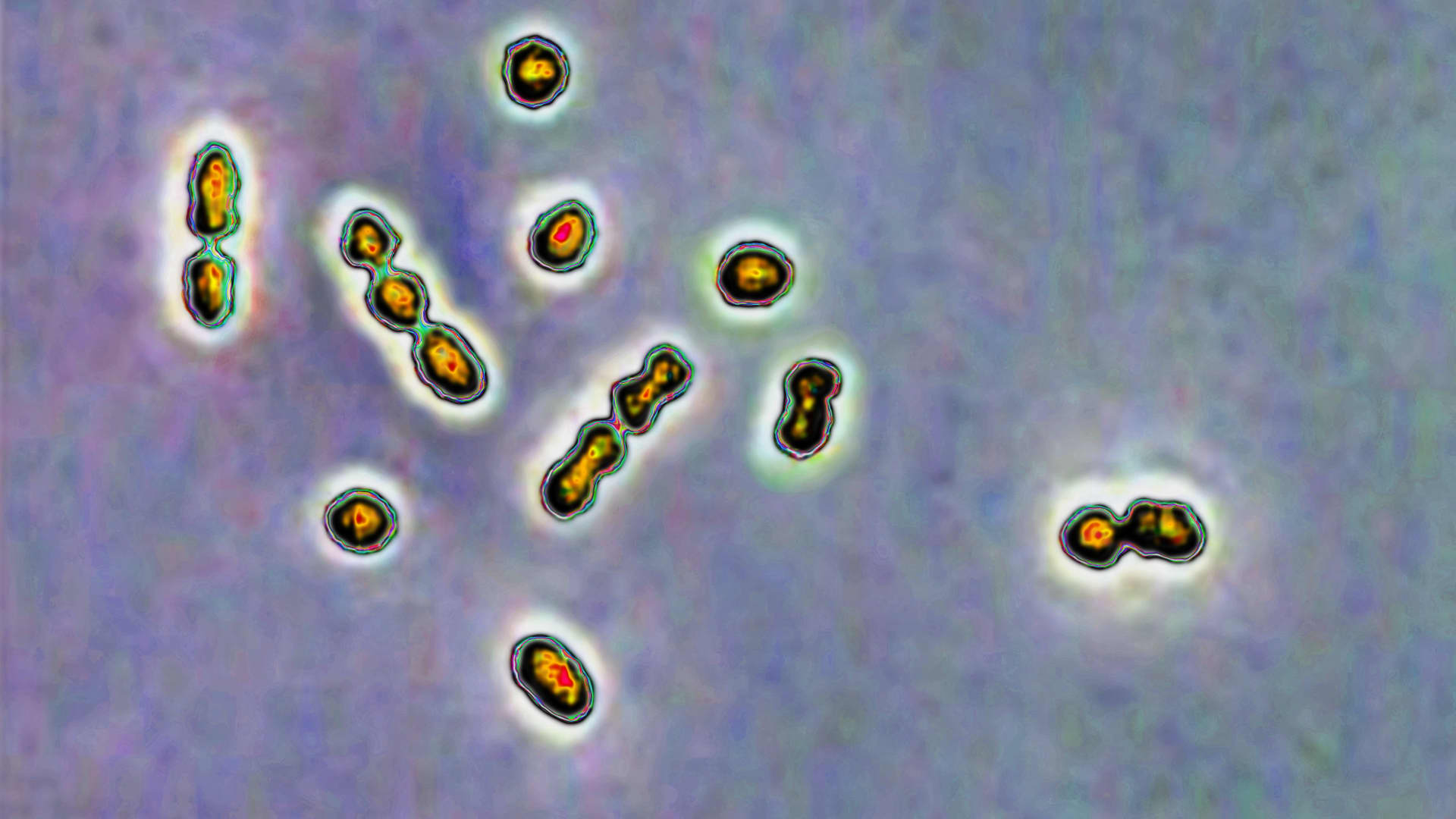Pfizer announced on Wednesday that its experimental vaccine targeting Group B Streptococcus (GBS) has shown promising results in mid-stage clinical trials. GBS is a potentially deadly bacterial disease responsible for vaginal and urinary tract infections, as well as newborn infections like meningitis and septicemia. This vaccine, if approved, could be the world’s first shot to combat GBS, which causes approximately 150,000 infant deaths annually, especially in lower-income countries.
The Food and Drug Administration (FDA) has already granted breakthrough therapy designation to Pfizer’s vaccine, expediting its development and review process. The vaccine, administered to expectant mothers, generates antibodies that can offer meaningful protection to infants against GBS. Pfizer’s approach of maternal vaccination, also used in their respiratory syncytial virus vaccine, shows promise in preventing thousands of GBS cases in babies.
These encouraging phase two trial results will help Pfizer plan its phase three clinical trials, which are necessary for FDA approval. The Bill & Melinda Gates Foundation, a supporter of the phase two trial, has granted Pfizer $100 million to fund late-stage trials and facilitate the vaccine’s distribution in lower-income countries.
GBS is caused by common bacteria that many adults carry. However, an expectant mother can transmit the bacteria to her newborn during labor and delivery, leading to severe infections in the first few weeks or months of the baby’s life. About one out of four women carries GBS bacteria, according to the Centers for Disease Control and Prevention (CDC). Infants with GBS infections may experience symptoms such as fever and difficulty breathing, and in severe cases, they may develop pneumonia, bloodstream infections, or meningitis.
Pfizer’s vaccine targets six of the most common GBS serotypes, which collectively account for 98% of GBS disease cases worldwide. The phase two trial, conducted in South Africa, involved 360 healthy pregnant individuals who received the vaccine or a placebo. The vaccine generated robust antibodies in mothers, which were efficiently transferred to infants. This antibody transfer is associated with a reduced risk of GBS disease.
The trial also found that the vaccine had a similar safety profile to the placebo group, suggesting it was well-tolerated. Adverse reactions among vaccinated mothers were mild or moderate, and the most common adverse events in infants were upper respiratory tract infections. The study authors concluded that no adverse events or deaths among infants were related to the vaccine.
These positive results for Pfizer’s GBS vaccine come at a time when the company is expecting a decline in sales related to COVID-19. Pfizer is also facing challenges due to the expiration of patents for some of its blockbuster drugs. To overcome these challenges, the company is focusing on its new drug pipeline and exploring mergers and acquisitions.
In conclusion, Pfizer’s experimental vaccine targeting Group B Streptococcus has shown promising mid-stage clinical trial results. If approved, this vaccine could help prevent thousands of GBS cases and infant deaths worldwide.
Denial of responsibility! VigourTimes is an automatic aggregator of Global media. In each content, the hyperlink to the primary source is specified. All trademarks belong to their rightful owners, and all materials to their authors. For any complaint, please reach us at – [email protected]. We will take necessary action within 24 hours.


